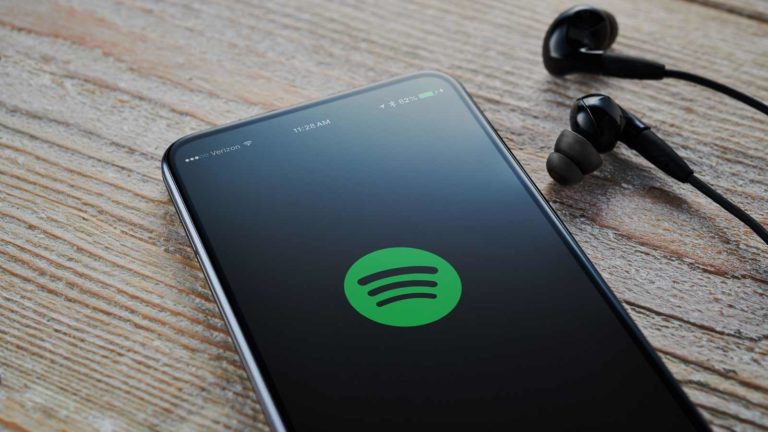|
Listen to this story
|
Training an algorithm for music recommendation has become a go-to first project for many machine learning enthusiasts due to its easily approachable nature and widely-available datasets. However, this seemingly easy task has been researched to a wide extent by music streaming platforms; the biggest use case for recommending music based on user behaviour.
Recommending the right song to a user is the difference between a skipped song and five minutes of active engagement. In the long run, a good recommendation engine is more likely to keep users engaged on the platform and not switch to a competitor, thereby making it one of the biggest focuses of any R&D department.
However, even as these global companies innovate in the music streaming field, Indian companies are coming up with novel ways to serve their users with the best song for their current mood. Unlike Western music, where genres are clearly defined for each track, Indian music constantly pushes boundaries, especially when it comes to how music is categorised. Let’s delve deeper into the methods used by the companies to recommend songs to their listeners.
Solution for Indian problems
Earlier this year, music streaming platform Gaana announced that they have added an AI-powered feature to their app for music recommendation. Known as ‘AutoQueue’, this feature queues up similar songs after a user has played a song of their choice. According to the app, this reduces instances of listener’s block, where the user is not able to figure out what music to play next.
The algorithm takes into consideration the songs played by the user before, and also enables discovery of new songs that align with the user’s music tastes. The algorithm analyses the various metadata of the song such as similarity of the recommended song with the user’s selection, tempo and BPM, and thousands of signals and data points to provide the best recommendation.
Jio’s flagship audio platform, JioSaavn, is no stranger to using AI to improve the user experience. Known for having a Kaggle Grandmasteŗ among their ranks, JioSaavn has invested deeply in implementing deep learning systems for their recommendation systems.
For search, they primarily use collaborative filtering methods such as Word2Sec, supplemented by deep learning-based systems. This comes together to create a feature known as ‘Living Search’, which recommends new music based on the user’s listening pattern and preferred genres. This approach also allows the app to serve apt results for not only English and Hindi queries, but various regional languages as well.
Wynk Music is an app launched by Airtel in an attempt to carve out a piece of the media streaming pie. While it has quickly become one of the most-used music apps for Indian music, it also takes a very unique approach to recommending music. The app’s engineers have implemented a real-time data engineering pipeline to collect user information and create a ‘User Persona’.
This Persona includes all the information of the user, from their likes and dislikes to their interactions with the music they listen to. This is then used as an input to Wynk’s ML models, which then provide recommendations to the users. Not only this, they also use deep learning models to algorithmically describe the components of music, thus labelling even new and unheard songs to be fed into their recommendation algorithm.
What are the market leaders doing?
Spotify has invested a lot into this field, and it certainly shows. They are the market leader in recommendation services, utilising cutting edge technology to not only serve up the next best song but to also provide interesting features such as ‘Blend’, which uses ML algorithms to mix the music tastes of two different users. It also uses AI tech to help human editors formulate playlists to create what they call ‘algotorial’ playlists.
Spotify also uses semantic search based on NLP and vector search to closely match search queries to podcast topics. This matches a query and a result without the need for exact word matches. Instead, the algorithm relies on semantic understandings of various terms, and takes into consideration various factors such as synonyms, variations, and paraphrases.
Apple Music also has a feature known as ‘Genius Playlist’, which combs through the listening history of the user to find their likes, dislikes, playlists, and skipped songs. It then uses this information to generate a playlist based on a song of the user’s choosing.
As we can see, Indian companies are not lagging behind when it comes to utilising AI in their platforms. So, the next time you skip a song on your favourite platform, there’s a good chance that the next one is served up to you by a machine learning model.


















































































